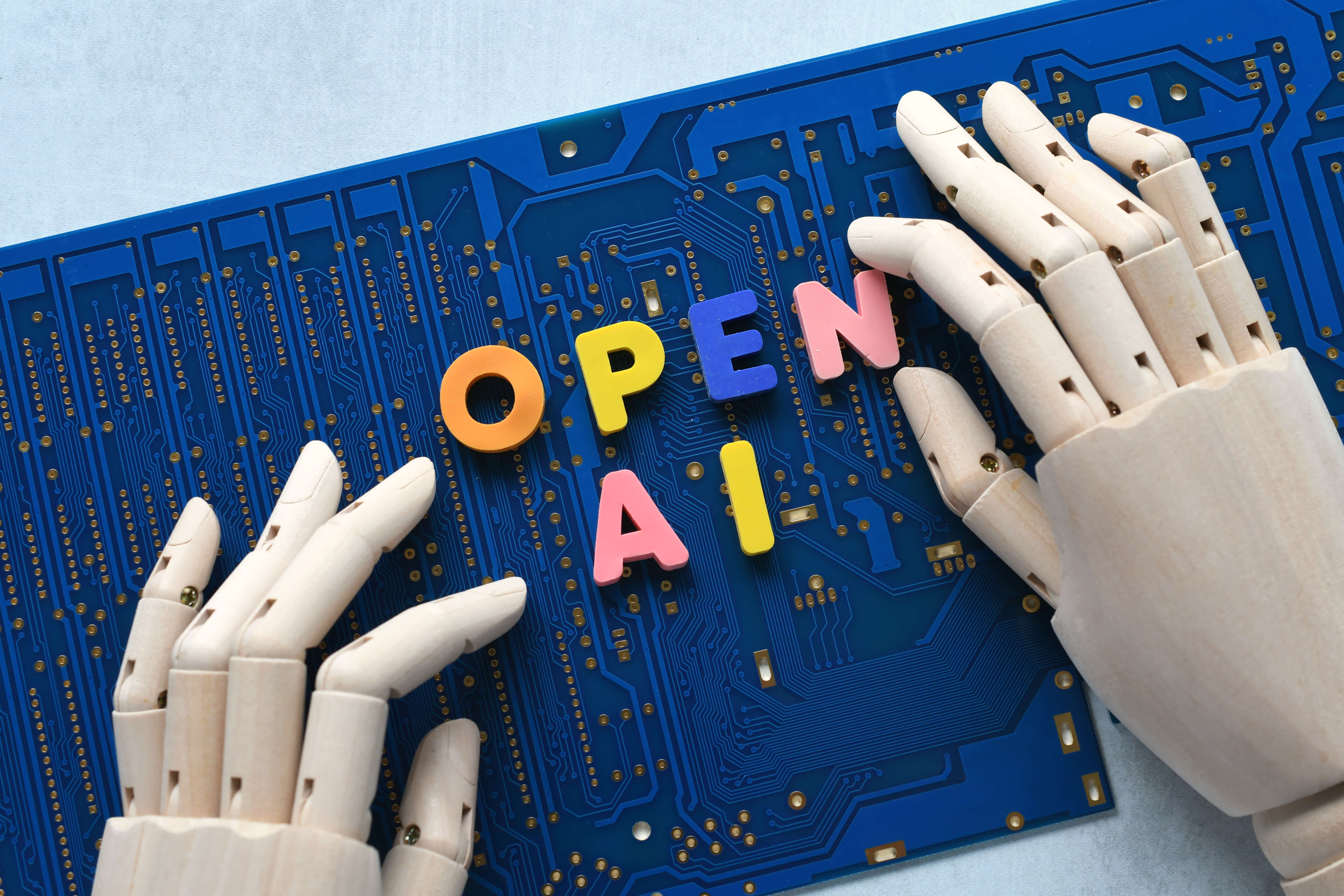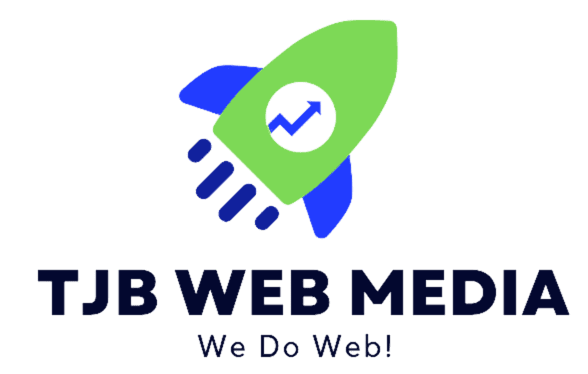As the world continues to digitize, the significance of Search Engine Optimization (SEO) has reached new heights. SEO is essential for any business or individual seeking to establish an online presence and drive organic traffic to their website. One of the most recent advancements in the SEO landscape is the use of advanced AI models, specifically ChatGPT by OpenAI. Let’s dive into how ChatGPT is revolutionizing the world of SEO.
1. Content Creation at Scale: Content is the backbone of SEO. However, producing high-quality, relevant, and original content consistently can be a daunting task. This is where ChatGPT steps in. With its massive training dataset and language processing abilities, it can generate articles, blog posts, and other forms of written content quickly and efficiently. By doing so, businesses can maintain an active online presence, which is crucial for improving search rankings.
2. Keyword Optimization: Keyword research and integration can be complex. While there are many tools available for keyword research, the implementation of those keywords into meaningful content is challenging. ChatGPT can be programmed to incorporate specific keywords organically into the content it generates, ensuring that the material remains reader-friendly while being SEO optimized.
3. Multilingual Content Production: One of the challenges in global SEO is producing content in multiple languages. Translations often fail to capture the nuances and cultural contexts of the target language. ChatGPT, with its vast knowledge base, can produce content in multiple languages, ensuring that the material remains relevant, culturally appropriate, and SEO optimized for different regions.
 4. Answering User Queries: The introduction of Google’s BERT algorithm, which focuses on understanding the context of search queries, has made it clear that search engines are evolving towards understanding user intent. ChatGPT can be used to generate content that directly answers common user queries, making it more likely to appear in featured snippets and voice search results, which are critical for modern SEO.
4. Answering User Queries: The introduction of Google’s BERT algorithm, which focuses on understanding the context of search queries, has made it clear that search engines are evolving towards understanding user intent. ChatGPT can be used to generate content that directly answers common user queries, making it more likely to appear in featured snippets and voice search results, which are critical for modern SEO.
5. Content Update and Refresh: SEO is not a one-time task. For maintaining rankings, content needs to be updated regularly. With ChatGPT, the task of updating older content to make it current can be streamlined. The model can quickly add relevant updates or rewrite sections to align with the latest information or SEO strategies.
6. Improved User Engagement: Engagement metrics, like bounce rate and session duration, indirectly influence SEO. Content generated by ChatGPT is tailored to be engaging and informative, ensuring that users spend more time on the website and navigate through multiple pages. This positive user behavior is a signal to search engines that the content is valuable, potentially improving rankings.
7. Technical SEO Audits: While ChatGPT is primarily a language model, when integrated with other tools, it can assist in technical SEO tasks. For instance, it can generate reports, suggest optimizations, and help interpret complex SEO data, making the optimization process more intuitive for non-experts.
8. Content Structuring: One of the overlooked aspects of SEO is the structure of the content. Properly formatted articles with headings, subheadings, and bullet points are more accessible for search engine crawlers and readers. ChatGPT can generate content that’s not only rich in information but also well-structured, enhancing the overall user experience and SEO friendliness.
9. Personalized Content Generation: ChatGPT can be integrated with analytics tools to understand user behavior and preferences. By doing so, it can generate content that’s more tailored to the specific audience of a website, leading to better engagement and improved SEO over time.
10. Cost-Efficiency: While ChatGPT does come with associated costs, in the long run, it can be more cost-effective than hiring large content teams or depending on freelancers. This efficiency ensures that even small businesses and startups can compete in the SEO space without hefty investments.
ChatGPT’s emergence as an SEO tool underscores the evolving intersection of AI and digital marketing. While traditional methods and human touch will always remain integral to SEO, models like ChatGPT are proving to be valuable assets in the arsenal of SEO professionals. As search algorithms continue to evolve and prioritize value-driven, user-centric content, tools like ChatGPT can play a pivotal role in bridging the gap between content demand and production, ensuring that websites remain optimized for both search engines and users.

